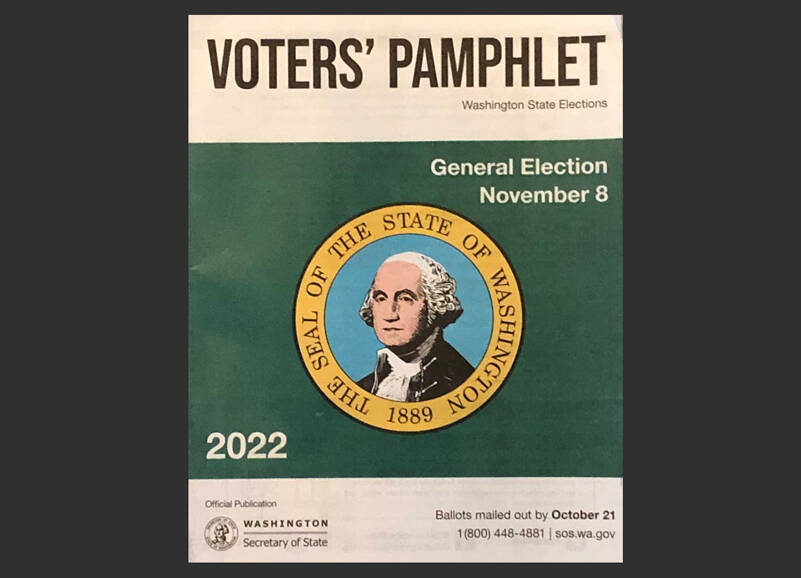By Morf Morford, Tacoma Daily Index
Love it or hate it, it’s that time of year again.
Voting is the inalienable right, obligation, even obsession for some.
And like some cicada-like creature, the ritual emerges every couple years, and like a hibernating creature lumbering out of a deep sleep, this shared experience is kind of the same, yet never fully the same.
The standard ritual is that the party holding the presidency loses congressional seats at the mid-term election. That might happen.
The political prognosticators have been wrong before, and the variables – and the intensity – of this year’s election are very different from any that came before. For one thing, on a local as well as national level, there is, (to me, a long overdue) generational shift at work.
On the political news show I watch, the authoritative panel of old white men pontificating about the state of the union has given way to a far younger roster of writers and researchers across the racial spectrum with (sometimes) a majority of female commentators.
It’s not so much that the information, or even the sources, have changed that much, but the tone has.
Among other things, there is the sense that there are some new players – and some new dynamics – at work.
America, as always, is changing And, as always there are some who welcome changes while others who deny or reject them. Whether we welcome them or resist them, changes across the spectrum are here to stay.
Besides the change in gender balance and the racial spectrum represented on our news shows – and our candidates, local and national, here are a couple of trends I’ve noticed that seem to be here to stay,
Non-partisan candidates
In the old days, like the last time we had an election, the process was fairly simple. A candidate would join or appeal to an existing political party and would be sponsored and supported by the party apparatus and organization already in place in the community.
More and more active candidates are foregoing this familiar process. And for good reason. In a recent nation-wide survey, over two-thirds of respondents (including 66% of Democrats, 69% of Republicans and 70% of independents) said they found it difficult to trust the impartiality of election officials who are elected with the support of a political party.
Washington state Secretary of State candidate Julie Anderson, for example, has deliberately avoided any mainstream political party support or endorsement. For that office in particular, that makes sense. Experience and fairness seem like qualifications more important than party affiliation. In fact, she describes the position as one where her office oversees election results like a baseball umpire impartially calling balls and strikes.
It is a fairly recent development, after all, that judges, local or national were described as “liberal” or “conservative”. I can’t imagine any of us agreeing that has been a positive development.
Meanwhile, in Oregon
In Oregon, not only is a major candidate running for governor non-partisan, but for the first time in Oregon state history, all the predominant gubernatorial candidates are women.
Beside a non-partisan candidate, other candidates include Donice Smith of the Constitution Party of Oregon and R. Leon Noble of the Libertarian Party of Oregon. None of the candidates holds a statewide constituency.
First time candidates
In the Washington state voters pamphlet for 2022, I noticed an abundance, not only of “outsiders”, but of those running for office for the first time.
Some, in their statements, made reference to their political involvement outside of elected office. Some took pride in no political experience whatsoever. We even have, as some pundits have put it, a fair amount of “election deniers” running for office.
Basing a campaign on election results of two years ago seems strange enough, but urging your supporters to vote in a system when your primary argument is that it is not a fair system strikes me as even more peculiar.
If you have question about how ballots are handled and counted, take a look at pages 50-51 of the voters pamphlet.
I don’t know about other states, but in Washington state, voter “fraud” is exceedingly rare and, in fact, in any influential way, essentially impossible.
Young or old, male or female, whether they intend to or not, and whether they are elected or not, these candidates, and we who vote for (or even against) are leaving a very different political (and social) landscape in their wake.
Once again, as of November 8, “the people” will have spoken.
What their message is may not be clear, but whatever happens, one thing is clear; this is not your father’s election cycle.
But it is what elections will look like from now on.





